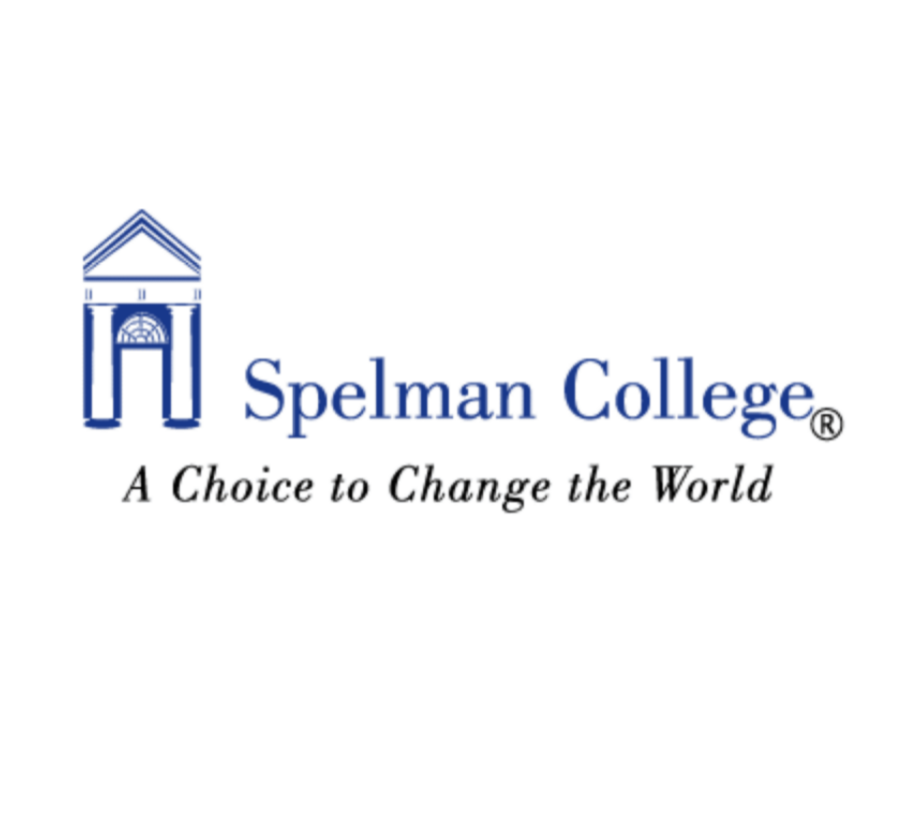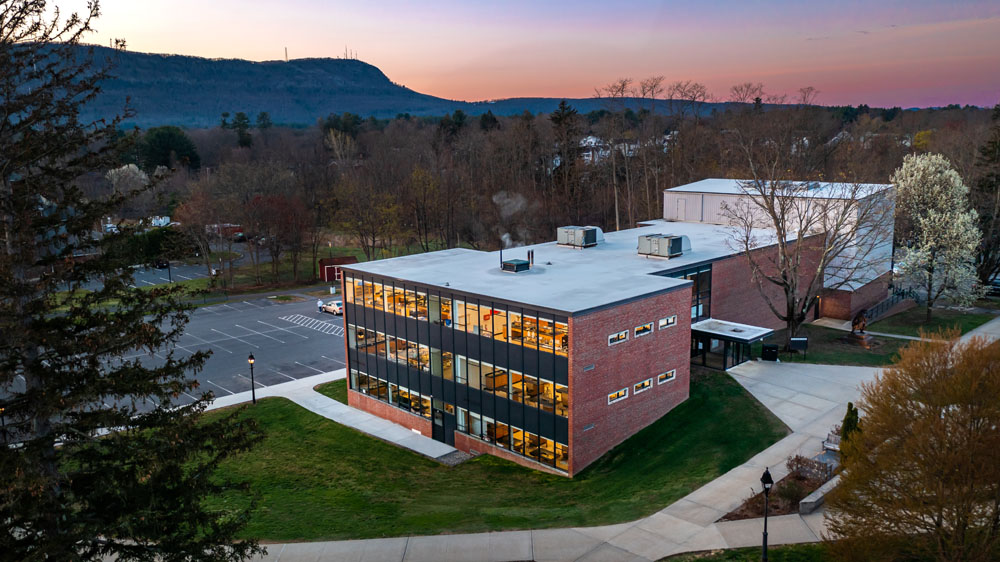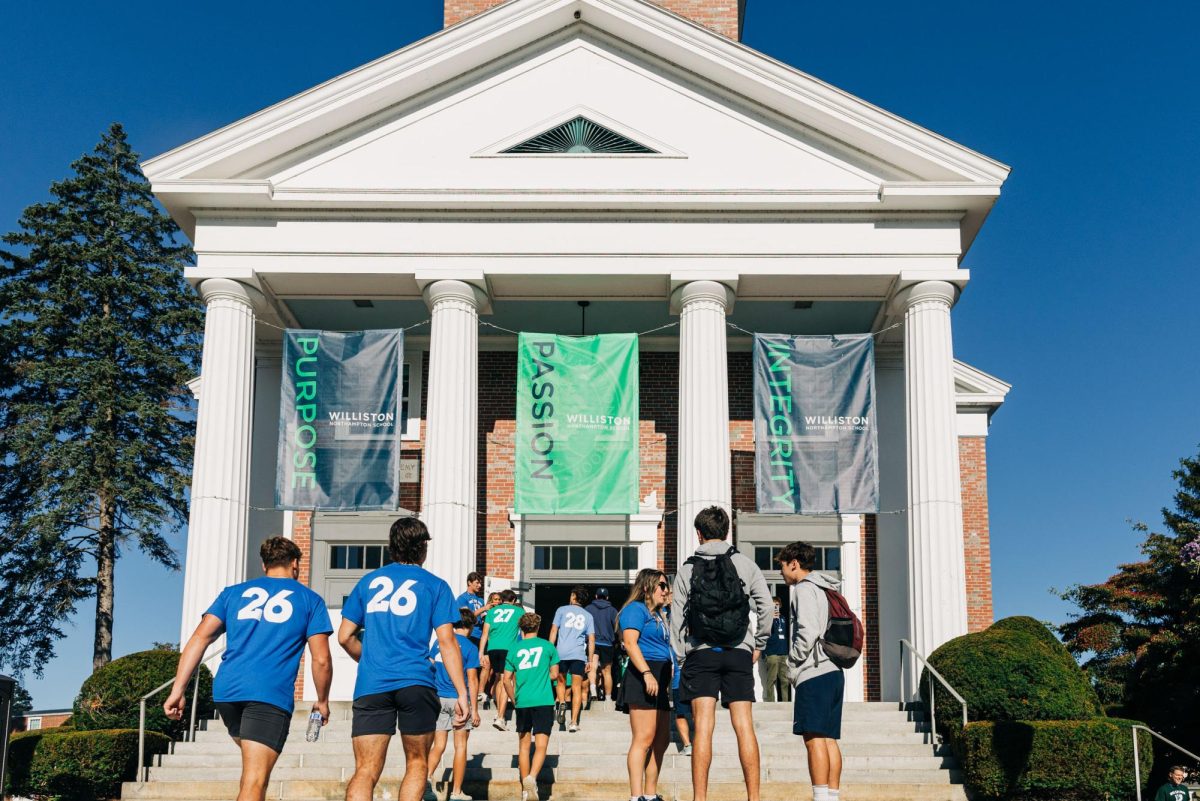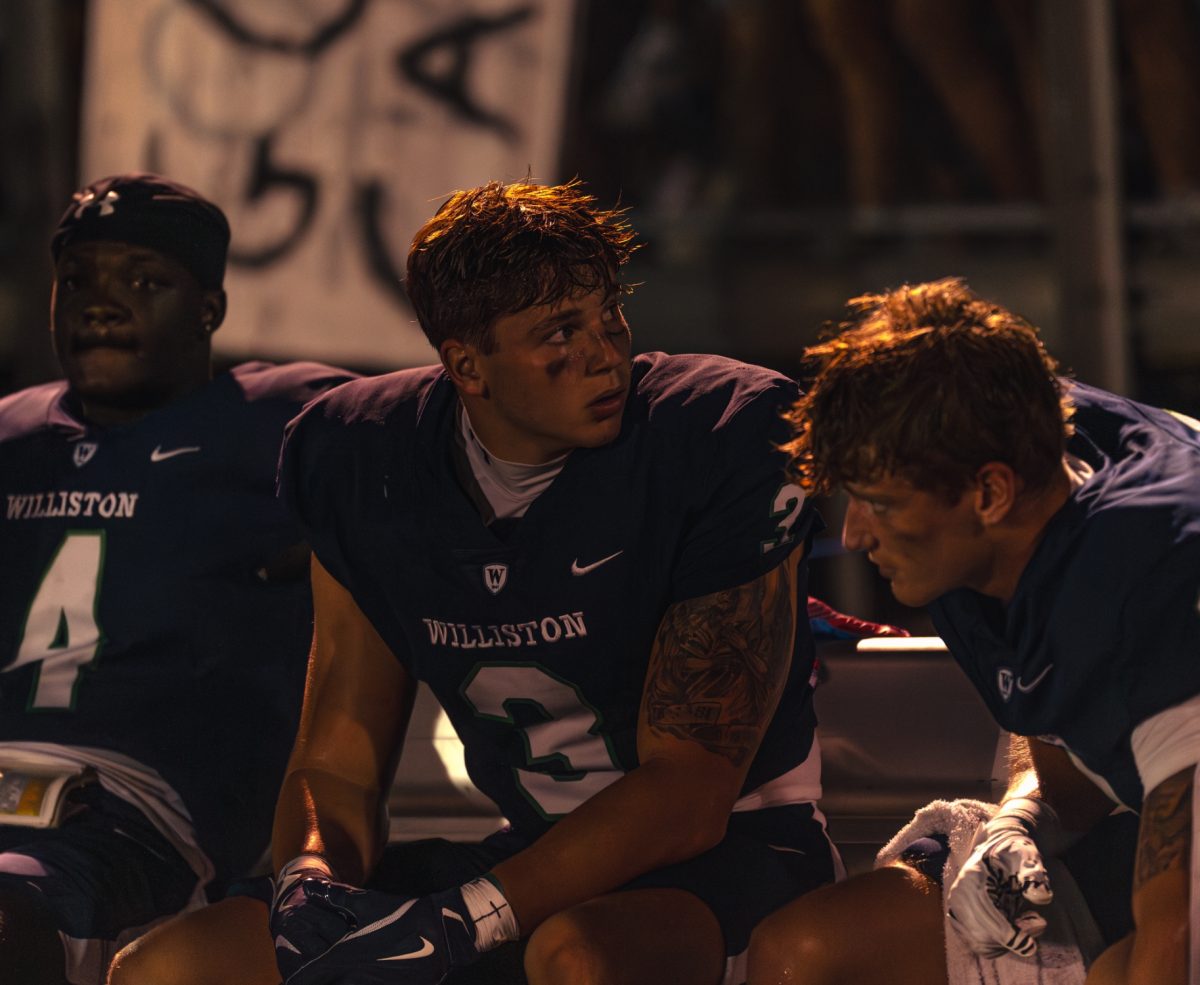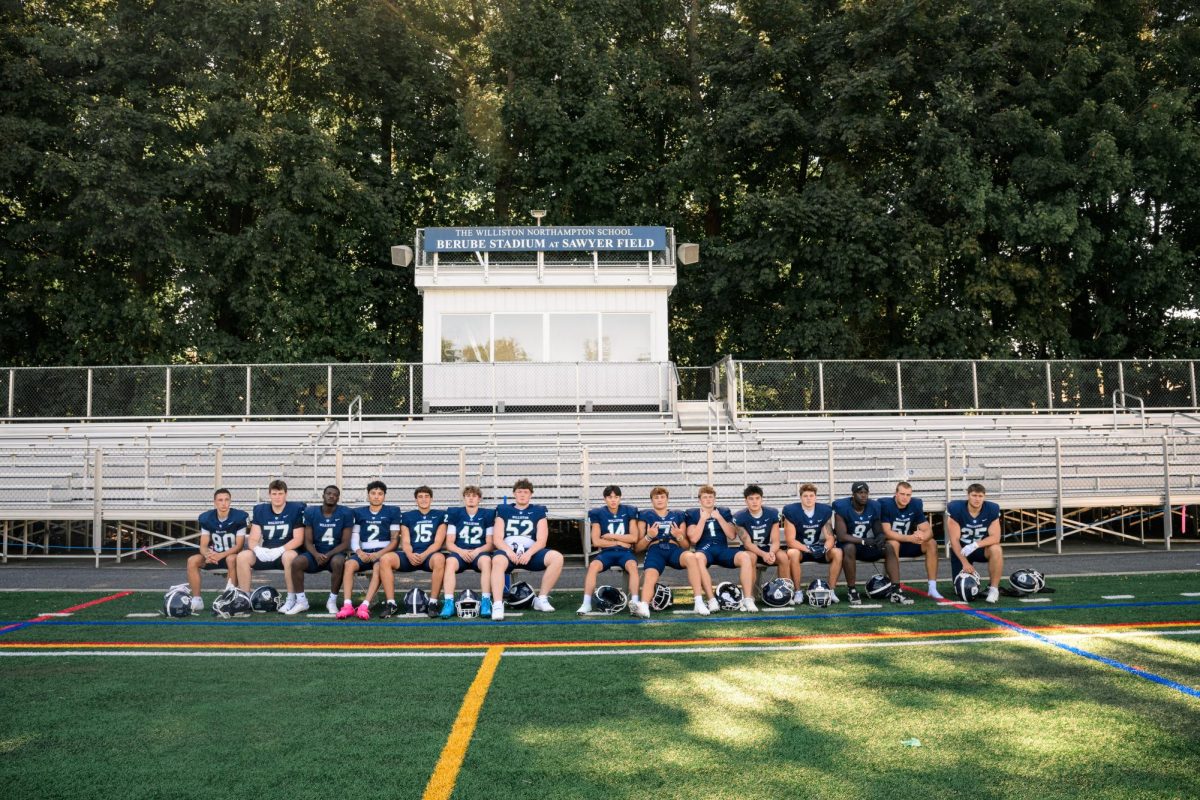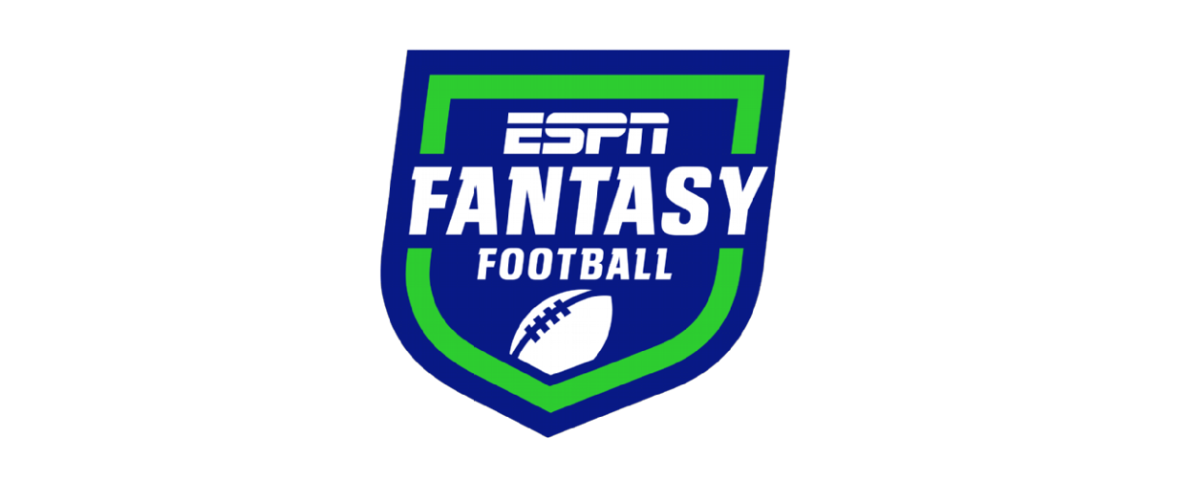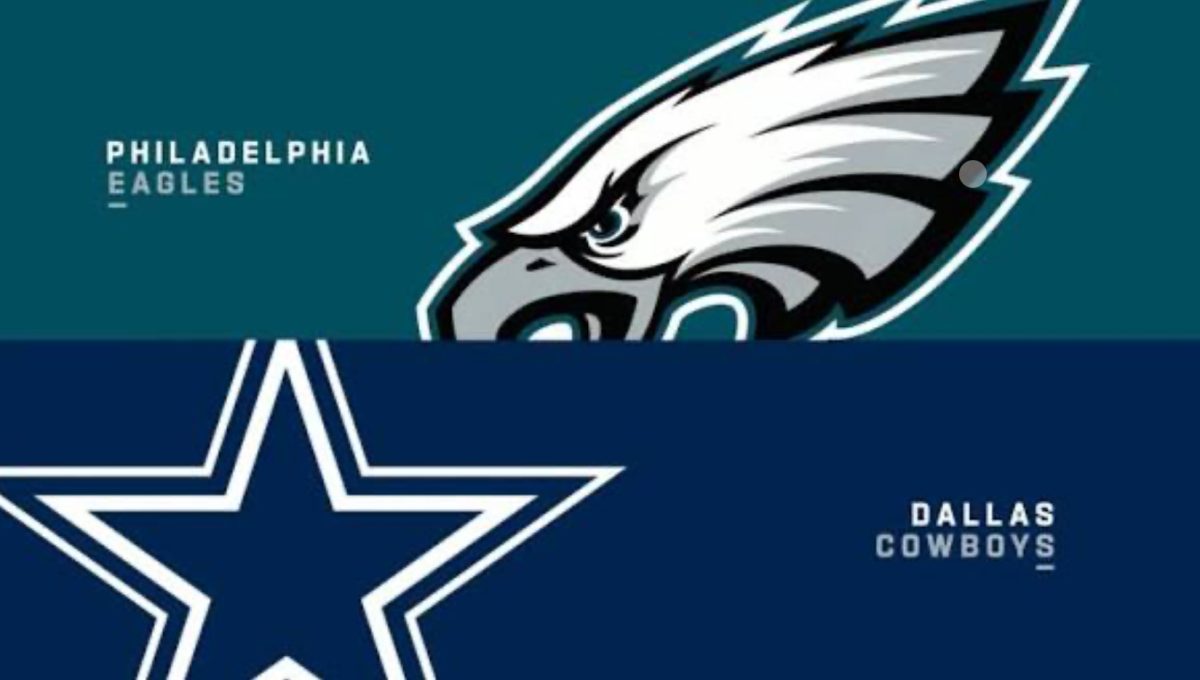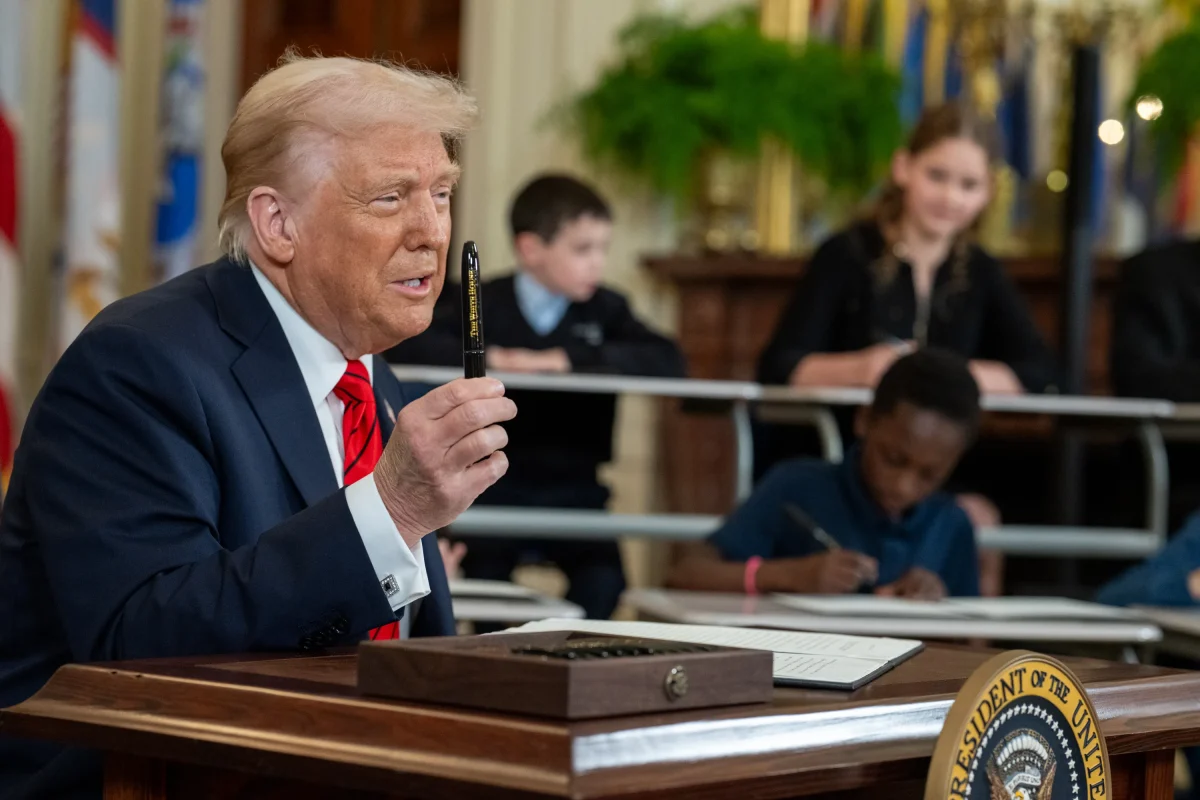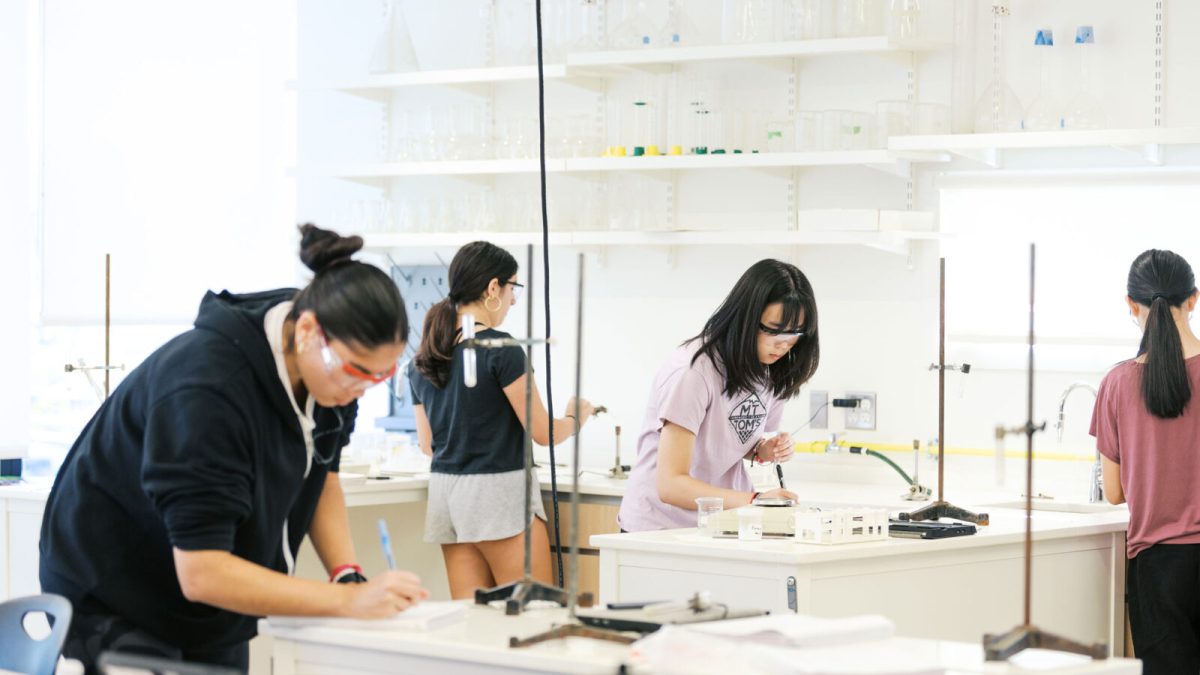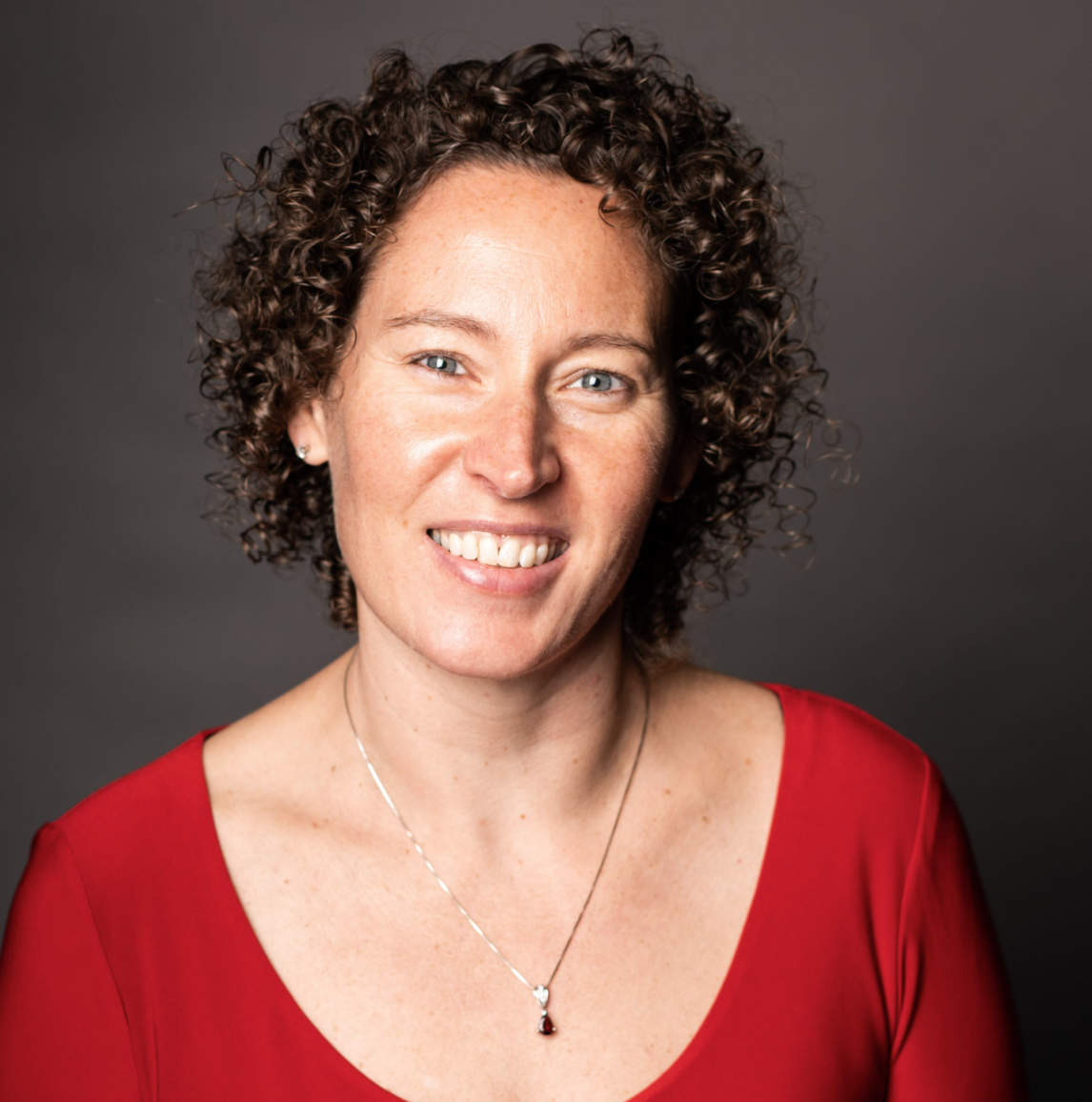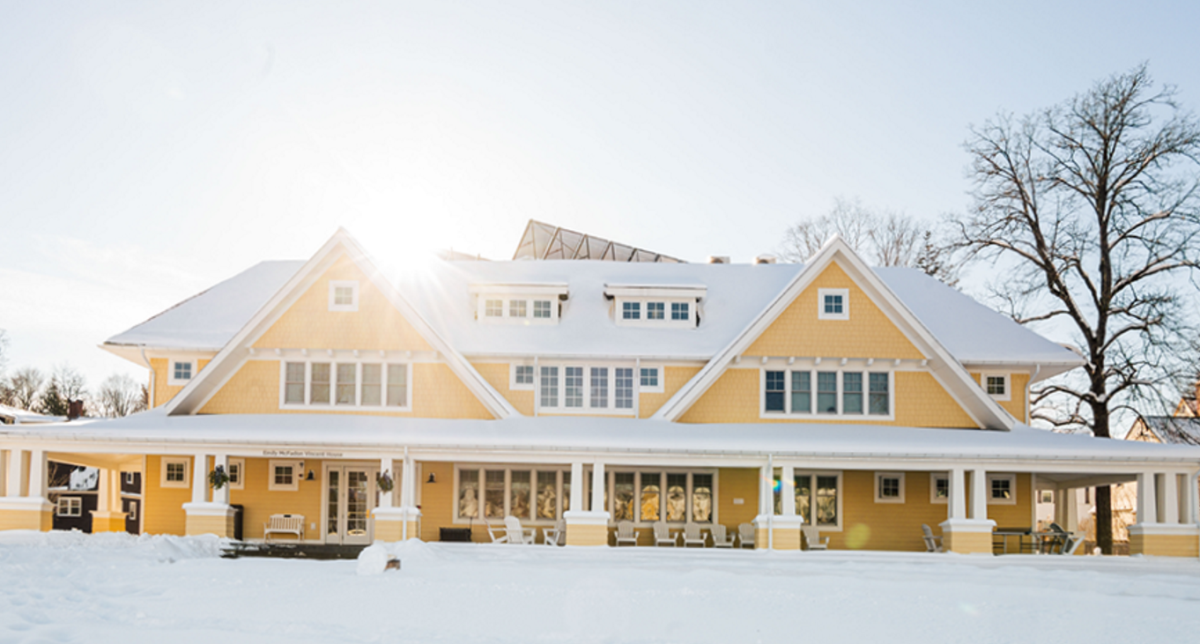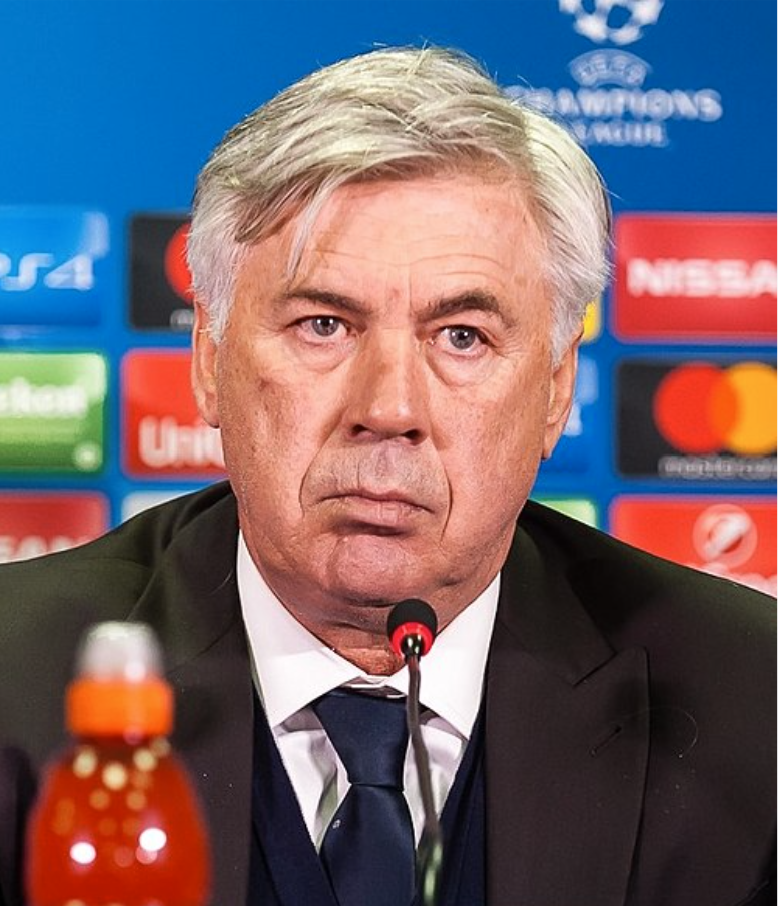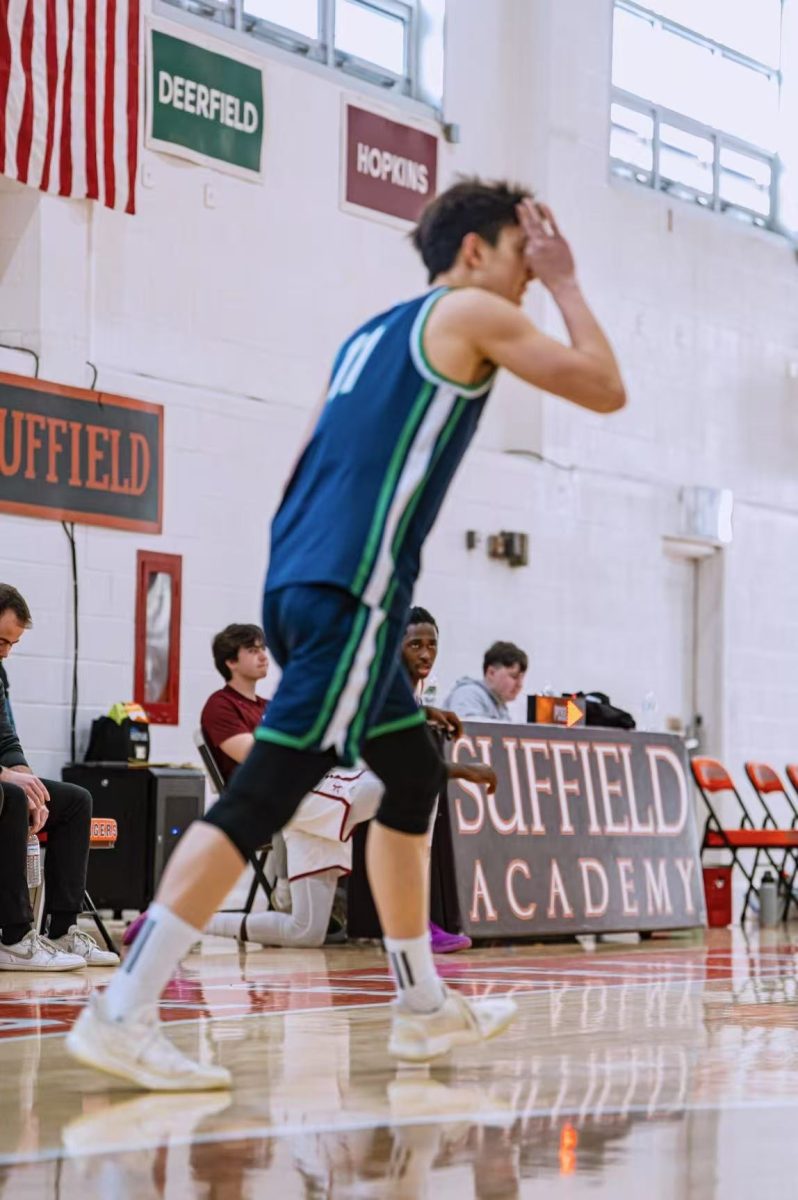HBCUs are another network of colleges and universities high school students should consider.
Historically Black Colleges and Universities (HBCU) are some of the most prestigious schools in the United States. But in high schools around the world, students have a lack of understanding how beneficial the experience can be.
HBCUs have been around for centuries. The first official HBCU was Cheyney University of Pennsylvania, which was founded on Feb. 25, 1837. They were created to provide people of African descent a graduate education. Now there are 107 HBCUs around the U.S., including Howard University, Hampton University, Florida A&M University, and Spelman College, which was listed, for the 18th year in a row, as the top HBCU in the September issue of U.S. News & World Report.
Black students across the world who want to get a prestigious education, but also want to learn about Black history and have the experience of being at a predominately Black institution, aren’t getting the proper knowledge about HBCUs.
Spelman College is one of the two all-female HBCUs; the other is Bennett College in Greensboro, N.C. Founded in 1881 by Sophia B. Packard and Harriet E. Giles, Spelman is in Atlanta, Ga., next to all-male HBCU Morehouse College. Spelman College is considered one of the Black Ivy League Colleges and Universities, and is the #1 HBCU for the 18th year in a row according to U.S. News & World Report.
Renee Fox and Deidre Richburg are both 1996 graduates of Spelman.
Fox, from Bermuda, had the best experience at her HBCU and highly recommends it for other Black girls.
“My experience going to an HBCU was lifechanging,” she said. “Life altering. Going from a young teenager into womanhood, it was more than just getting an education or a college degree. It fostered my character going to university with women who looked like me. Touched into a different experience I don’t think I would have gotten at a PWI [Prdominately White Institution]. More than just a college experience.”
[Editor’s Note: Fox is the author’s mother.]
Deidre Richburg, from Cartersville, Ga., found her chosen family at Spelman.
“My experience going to an HBCU was one of great happiness,” she said. “I would not have chosen another path. It was an all-women’s college, so it was a sisterhood for me. I met my lifelong friends there, the same women that were in my wedding, the same people who made me the godmother of their children. I met all my besties at an HBCU.”
[Editor’s Note: Richburg is the author’s godmother.]
Without proper knowledge, it can be difficult for high school students to learn about HBCUs and what they have to offer.
Alex Tancrell-Fontaine, a College Advisor and English teacher, wants to see more HBCU reps visiting high schools.
“I think it would allow students the opportunity to speak and ask questions directly to the reps,” she said. “It would also allow students the chance to make relationships and get interview opportunities at these amazing schools.”
She also gave ways to get more information.
“I think there are a few different ways. College advisors can be helpful, research, videos, school visits and many other ways would be great so students can see all the amazing programs, majors, alumni connections and more that are offered at HBCUs,” she said.
Tabor Academy, Milton Academy and St. George’s School, all NEPSAC schools in the New England area, have an organization together called “Building Bridges,” where HBCU reps come to the schools, host different events, and talk to POC students about what their HBCUs have to offer.
The Growing Recognition of HBCUs
0
More to Discover
About the Contributor
Daryn Fox ’26, Staff Writer/Editor
Daryn Fox is a junior from Bermuda. She enjoys running track, spending time with her friends, and listening to Drake. ALWAYS DRAKE!



